What is Technology?
At its core, technology is the practical application of scientific knowledge for commercial or industrial purposes. This includes a wide range of tools, techniques, and processes used to create, design, and develop products and services that solve problems, improve efficiency, and enhance our daily lives.
In today’s world, technology is ubiquitous. From smartphones and computers to cars and medical devices, technology surrounds us and shapes our daily experiences. But what exactly is technology, and how has it evolved over time?
The Evolution of Technology
The history of technology is a long and complex one, spanning thousands of years. The earliest tools, such as stone knives and spears, were simple and functional, designed to help our ancestors hunt and survive. As human societies evolved, so too did technology. The development of agriculture, for example, led to the invention of plows and irrigation systems, which allowed for greater food production and population growth.
In more recent times, technology has advanced rapidly. The Industrial Revolution, which began in the late 18th century, brought about the development of new manufacturing processes and machinery, such as the steam engine and spinning jenny. These innovations transformed the way goods were produced and led to a period of rapid economic growth and technological progress.
In the 20th century, technology continued to advance at an unprecedented pace. The invention of the telephone, radio, and television revolutionized communication, while the development of computers and the internet transformed the way we work, learn, and connect with one another.
Today, we are on the cusp of yet another technological revolution, with advances in artificial intelligence, robotics, and biotechnology poised to transform our world in ways we can only begin to imagine.
The Importance of Technology
Technology plays a vital role in modern society, affecting everything from our daily routines to the global economy. Without technology, many of the conveniences we take for granted, such as electricity, running water, and modern medicine, would not be possible.
Technology also plays a key role in driving innovation and economic growth. By providing new tools and techniques, technology enables entrepreneurs and businesses to develop new products and services, improve efficiency, and create jobs.
In addition, technology has the potential to address some of the world’s most pressing challenges, such as climate change, food insecurity, and healthcare access. By leveraging technology, we can develop new solutions and approaches to these complex problems and create a better future for all.
The Future of Technology
As technology continues to evolve, so too will our world. The pace of technological change is accelerating, with new innovations emerging every day. From self-driving cars to virtual reality, the possibilities are endless.
But with these new technologies come new challenges and risks. Cybersecurity threats, job displacement, and ethical dilemmas are just a few of the issues we will need to grapple with as technology advances.
Despite these challenges, the future of technology is bright. With continued investment in research and development, we can harness the power of technology to create a more sustainable, equitable, and prosperous world for all.
Conclusion
In summary, technology is the practical application of scientific knowledge for commercial or industrial purposes. It has evolved over time, from simple tools to complex machines and systems, and plays a vital role in modern society. Technology drives innovation, and economic growth, and has the potential to address some of the world’s most pressing challenges. As we look to the future, we must continue to invest in technology and work together to ensure that it benefits everyone.
















